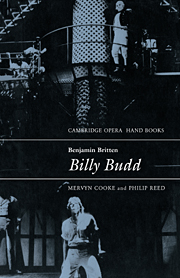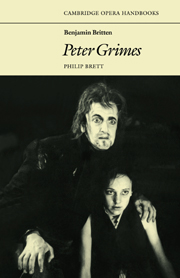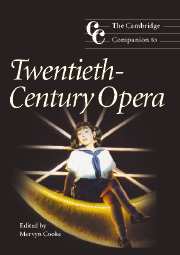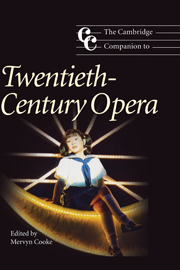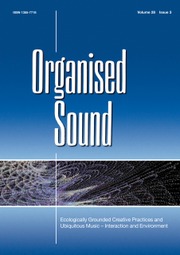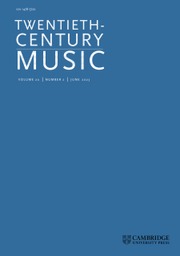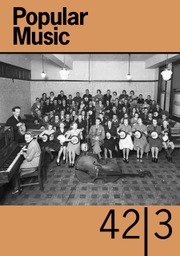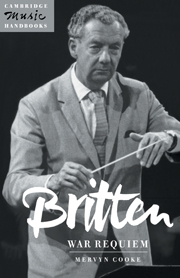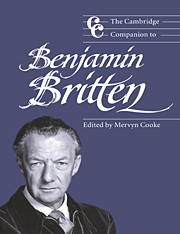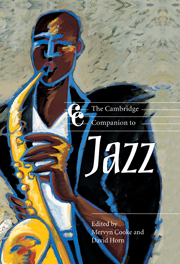Benjamin Britten: Billy Budd
Billy Budd, based on Herman Melville's nautical allegory, is one of Britten's most challenging operas. This comprehensive guide considers the work from both literary and musical viewpoints. Melville's novella is discussed, as is the interpretation given to the novella by the librettists E. M. Forster and Eric Crozier. A detailed synopsis guides the reader through the musical and dramatic action of the opera and in a chapter devoted to the music, Britten's distinctive technique of tonal symbolism is analysed to demonstrate the effectiveness of his musical response to the dramatic suggestions of Melville's story. The most important critical writings on Billy Budd are represented by an expanded version of Donald Mitchell's 1979 notebook on the opera. A final chapter charts the opera's stage history and fluctuating critical reception.
- The first full-length study of this opera
- Written with full access to the fascinating archival material in the Britten-Pears Library at Aldeburgh
- Contains a full discussion of the libretto by E. M. Forster (Room with a View, Howard's End ) and Eric Crosier
Reviews & endorsements
"...a concise, informative study of Benjamin Britten's grandest opera." New York Daily News
"...excellent...enlightening...Cooke and Reed have put together a very useful and helpful handbook..." The Opera Journal
Product details
July 1993Paperback
9780521387507
194 pages
215 × 138 × 17 mm
0.257kg
13 b/w illus.
Available
Table of Contents
- 1. Synopsis
- 2. Herman Melville's Billy Budd
- 3. Britten's Billy Budd: Melville as opera libretto
- 4. From first thoughts to first night: a Billy Budd chronology
- 5. The 1960 revisions: a two-act Billy Budd
- 6. Britten's 'prophetic song': tonal symbolism in Billy Budd
- 7. A Billy Budd notebook (1979–91)
- 8. Stage history and critical reception
- Appendices.

